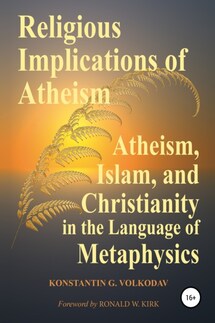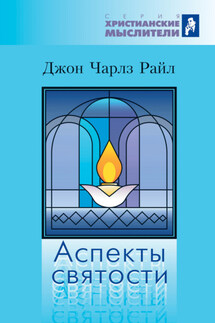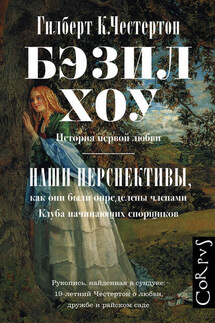Religious Implications of Atheism - страница 3
00:59:33: Rebuttal – Hamza Tzortzis
01:14:28: Rebuttal – Lawrence Krauss
01:22:43: Summary Discussion
01:42:07: Question & Answer Session
02:06:00: Closing Remarks – Lawrence Krauss
02:07:50: Closing Remarks – Hamza Tzortzis
Below we will alternate our comments with quotes from the debates, highlighting them in different fonts. For this, we transcribed the video into text. For the sake of brevity, we have skipped irrelevant parts of the discussion. The timestamps are indicated in square brackets.
Debates and Comments
[00:00:58–00:03:03] Moderator: I start by praising God, the Compassionate, the Merciful . . . Peace be upon whole gathering! . . . Welcome and thank you very much for attending. This that I hope will be a seminal debate between two respected speakers on the left and the right. That is all about. It is about a debate and it is about of come together and been truth to each other . . . Tonight’s challenging debates in title “Islam or Atheism: Which Makes More Sense?” is not happening in a vacuum, quantum and otherwise. It is taking place within a context of the world full of human beings looking for answers, in a world similarly full of Western promise, a world full of information hub by the IT. However, IT and we seem fail to adequately answer the most fundamental questions about life, our existence . . .
Comment 1
In general, everything he said correctly, however, the formulations are not quite clear. Any instrument cannot measure meaning, and one cannot say where it is more and where it is less. The meaning is either there or not. It would be more correct to say, “Islam or Atheism: what gives a person the meaning of life?”
It is also not clear what “Western priorities” are meant? For the last two hundred years, the West has been dominated by secular, that is, atheistic priorities. Fundamental questions, which from time immemorial have occupied the best minds of humankind: “How to find the truth?”, “How to distinguish between good and evil?” and so on, previously were solved in a metaphysical or religious context. The atheistic worldview directed the search vector to purely material aspects. Only that which can be verified by experiment began to be considered true. In general, instead of asking, “Where is the truth?” the priority was given to the question: “What is more useful?” Instead of metaphysical moral truths, the priority was given to the question, “How to become successful and avoid failures,” etc. Information technology has nothing to do with it. This is just a technical tool that does not answer any questions. However, if people replace live interpersonal relationships only with dry transmission of information, then some metaphysical qualia [3] disappear from these relationships.
The poet Yevgeny Baratynsky well expressed this general tendency back in 1842 in the following verses:
“The century walks along its iron path;
In the hearts of self-interest, and a common dream
Hour by hour vital and useful
Clearer, shamelessly busy.
Disappeared in the light of enlightenment
Poetry, childish dreams
And generations are not worried about it,
They are devoted to industrial cares”. [4]
On metaphysics
Here we will often talk about metaphysics. Therefore, it is worth noting that the term “metaphysics” arose quite accidentally. In in the seventies BC Andronicus from the island of Rhodes systematized the works of Aristotle and arranged them thematically. At the beginning, treatises related to the laws of nature (Gr. φύσης) were collected, and after them (Gr. µετά τα φυσικά), works of a philosophical nature were placed.






